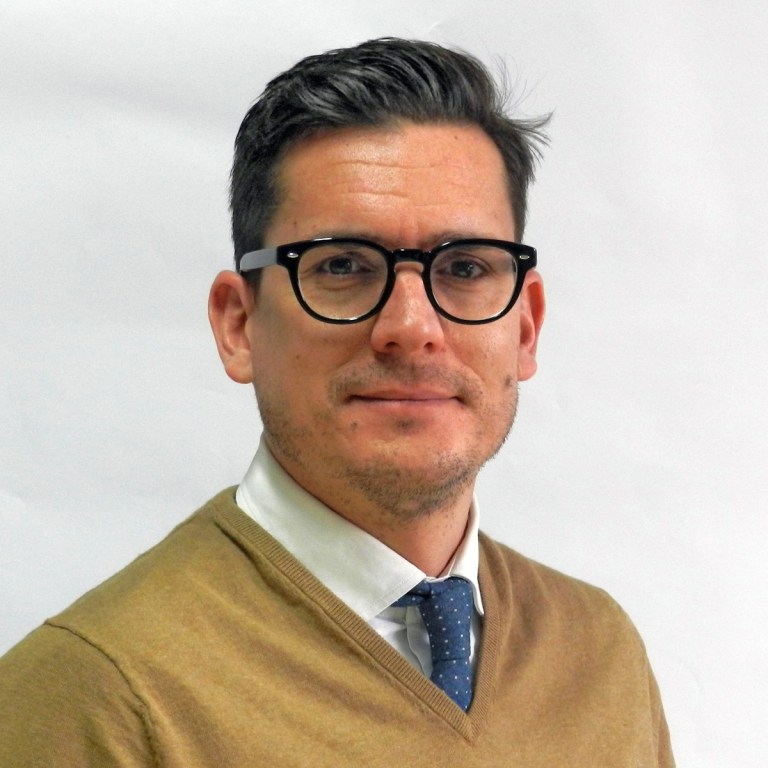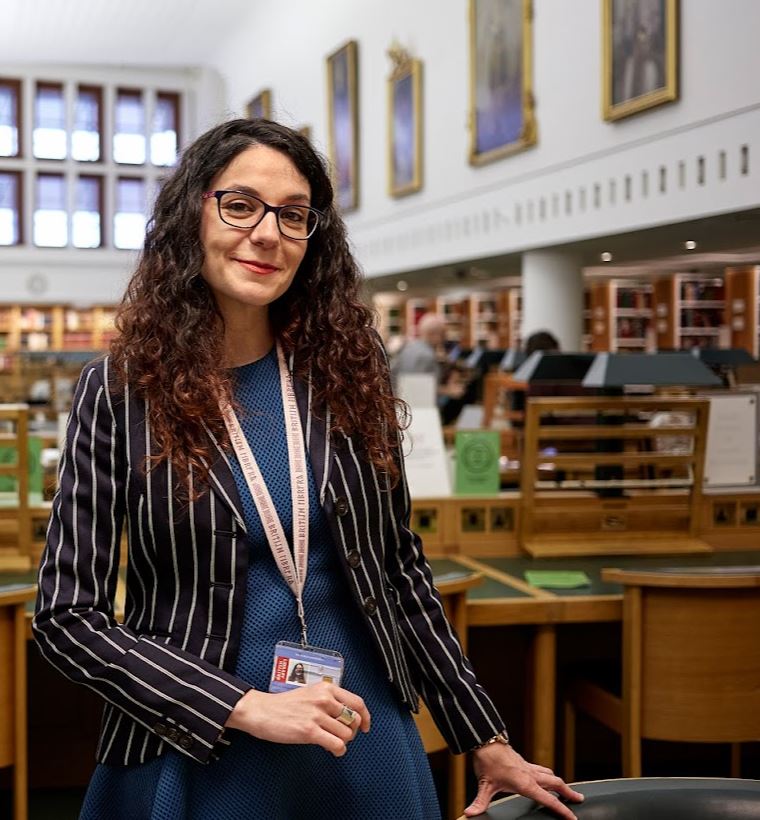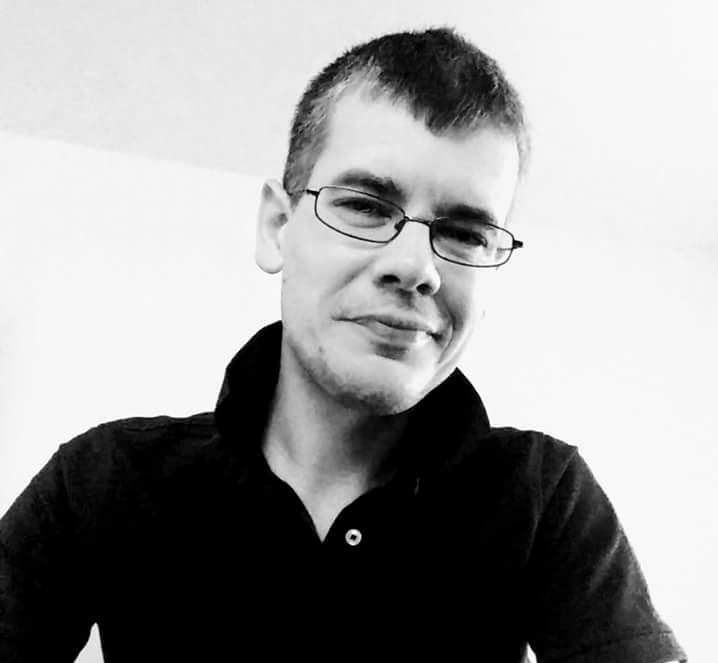We started this path a group of nine people that grew to reach the fifty that make it up today.
We have also been expanding our horizons, publishing in other languages and establishing editing teams in different regions worldwide to be present in more than twenty-two countries and five continents, spreading archival practice, its problems, its concerns and its success stories around the globe.
For this, we have had the collaboration of professionals and experts who, through informative articles and interviews, have helped us to reflect and disseminate our cultural heritage but, above all, to value the work of all the people who rescue, analyse, classify, preserve and share the funds and collections of memory institutions.
In these years, we have analysed the problems of electronic administration, digitisation or technological trends in automation and preservation. We have seen fascinating collections and documentary ‘jewels’ from archives and museums around the world. We have talked about information sources, interoperability, memory, human rights, digital transformation and transparency.
We have debated about the labour market in the sector, about associations and the importance of the union of the professional group. We have been the speaker of projects related to archives, cinema, archaeology, history, linguistics, restoration and anthropology. We have seen the importance of art in archives and archives in artistic creation processes or the performing arts.
Several experts have brought us closer to technological evolutions that will possibly transform archival practice in the future, such as ‘deep learning’ or ‘blockchain’. But we have also had time to deal with other more classic topics such as standardisation, the chain of custody, professional training, information literacy or the digital divide. But, above all, we have talked about people and the work they do behind their files.
We have interviewed known professionals who have revealed us the ins and outs of journalistic investigations that dive through millions of documents to uncover international corruption cases. They have spoken to us about data journalism, photographic archives, projects, studies and researches.
We wish to continue carrying out this dissemination work for many more years. For this reason, in 2022, we have renewed the magazine’s image with an updated Web design optimised for reading on all types of devices. We also present changes in the way of accessing to content: this new website has been designed so that there is the main page with the latest content published in each language so that the content in different languages does not appear all on the same page.We hope you will like it and we thank you for your continued support over the years. We also encourage you to continue reading and collaborating with Archivoz.

Víctor Villapalos
Founder and director of technological development
Managing Director at the Spanish Society for Scientific Documentation and Information | Head of the Historical Archive of the Province of Spain of the Congregation of Religious of Jesús-María

Noemi Ortega Raventos
Director
Content Specialist, Archivist at British Library

Vance Woods
Team Manager for UK and USA
Library Technician 3/Oregon State University



